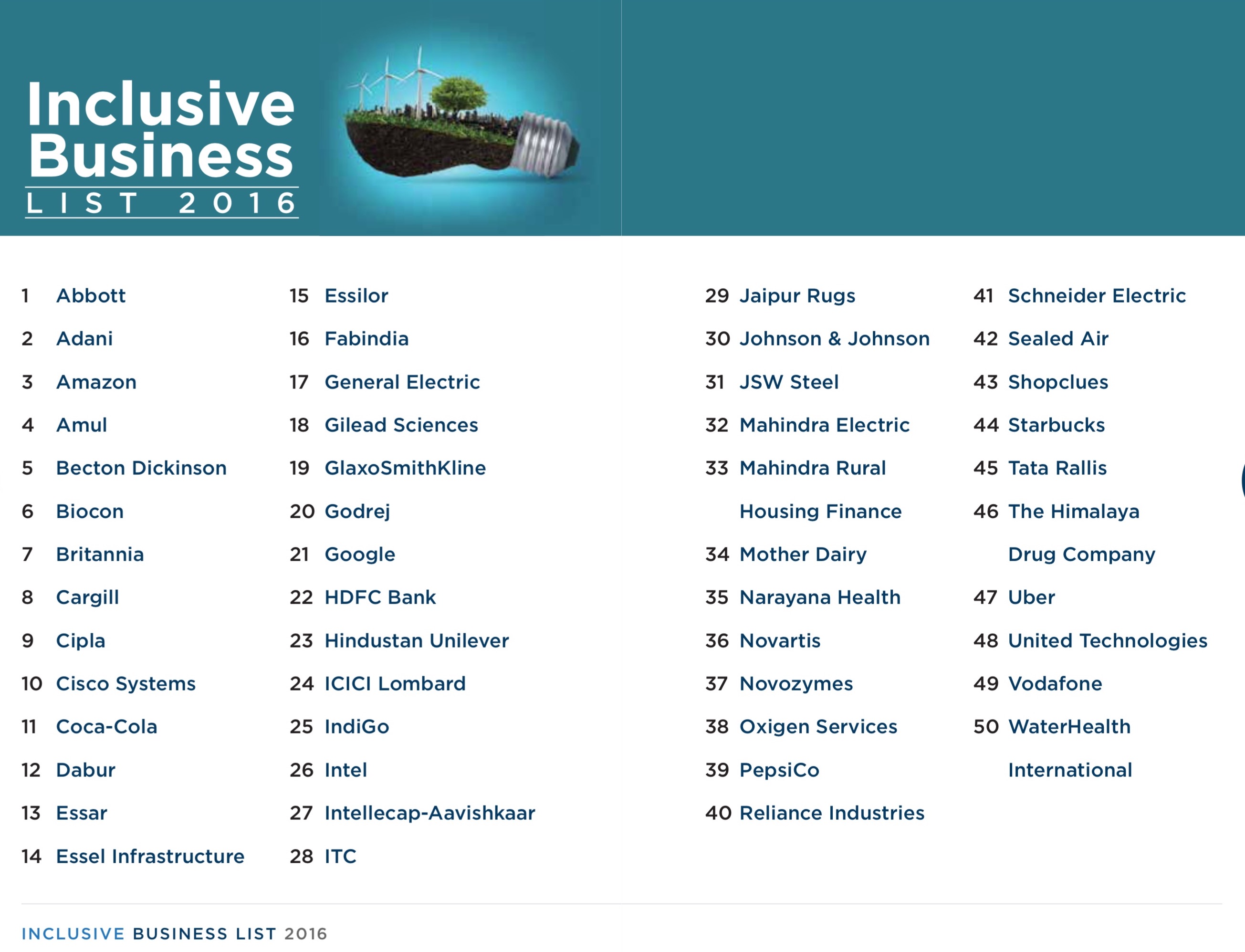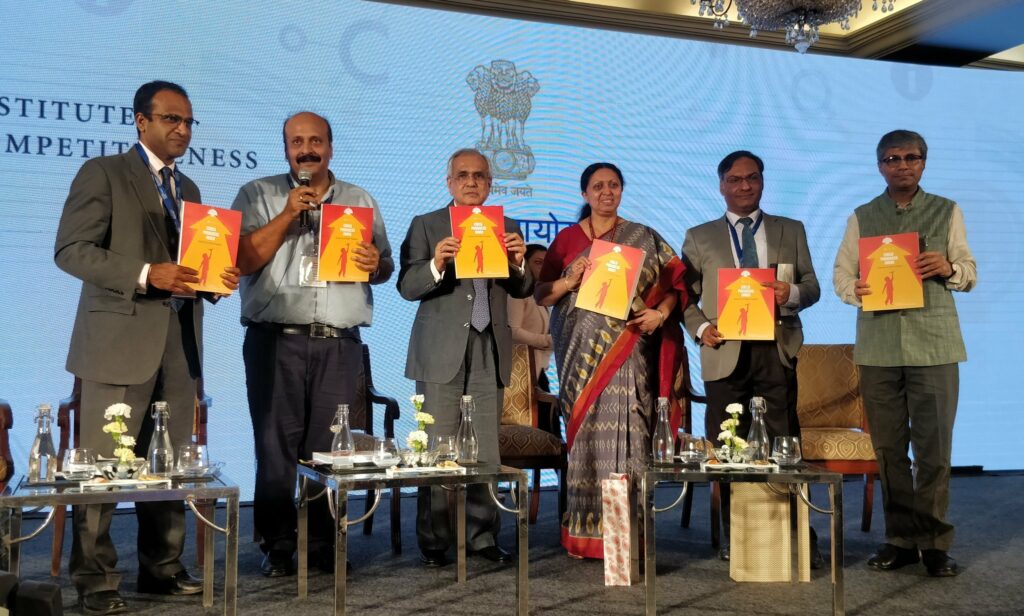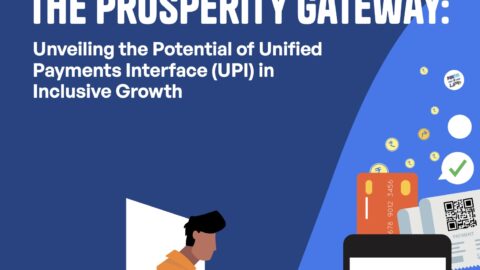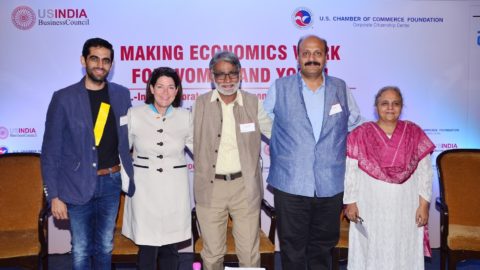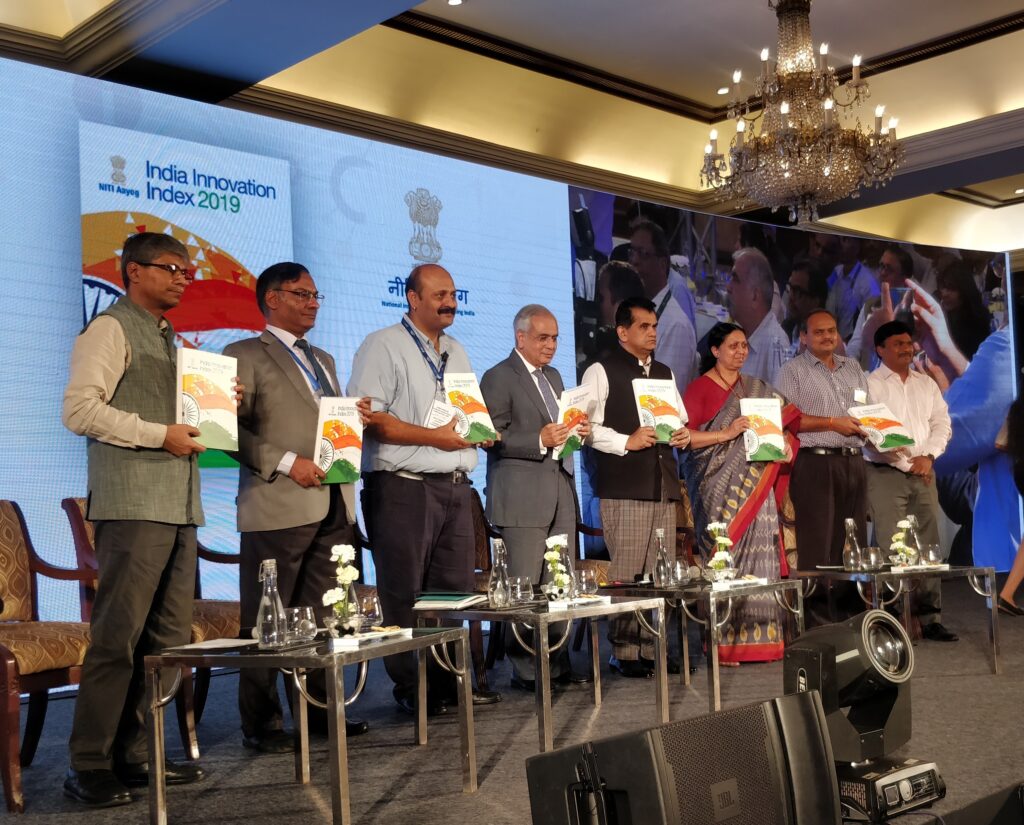The Inclusive Business List is launched with an aim to celebrate fifty such enterprises that are redefining the role of businesses in society and to encourage them to continue down the path of shared value creation. It is one of the key initiatives to identify, assess and recognise the organisations operating in India, which are creating a measurable socio-economic value by identifying and addressing social and environmental problems that intersect with their businesses.
The Inclusive Business List 2016 recognizes companies that are involved in addressing social problems with activities that are a part of their core business strategy. This list strives towards presenting a well-rounded compilation of enterprises from a diverse set of industries. The selection of companies involves a multi-step process. The first step involves the creation of a list of medium and large-scale enterprises that have significant operations in India. In the second step, an overview of these enterprises is created describing any visible initiative having social or economic relevance along with an economic viability. The final step involves extensive discussions with a team of shared value experts on the inclusive business orientation of these companies. These companies were assessed based on the following parameters:
- Social issue and challenge being addressed: The scale of the social problem being addressed by the company’s product or service offering or an initiative and its reach and impact on the people affected by the problem.
- Sustainability of the initiative: The economic benefit of the social initiative to the company and its stakeholders was considered to examine its self-sustainability.
- Degree of innovation: The extent of innovation in a company’s efforts were also given weight as pursuing shared value strategies calls for adoption of unique socially impactful actions.
A final selection of fifty companies has been done after a thorough assessment based upon the above parameters. The data collection for these companies involve review of secondary data from varying sources in public domain including annual reports, company website, sustainability reports and other websites.
IBL 2016 aims to promote the idea that concepts like CSR and corporate philanthropy are critical but have limited impact. Companies need to move beyond these concepts and advance their journey towards creating shared value. The list illustrates examples of fifty companies that have overcome the challenges of scalability and investments required to become more inclusive in society. They have the potential to be the shared value enterprises of the future.


